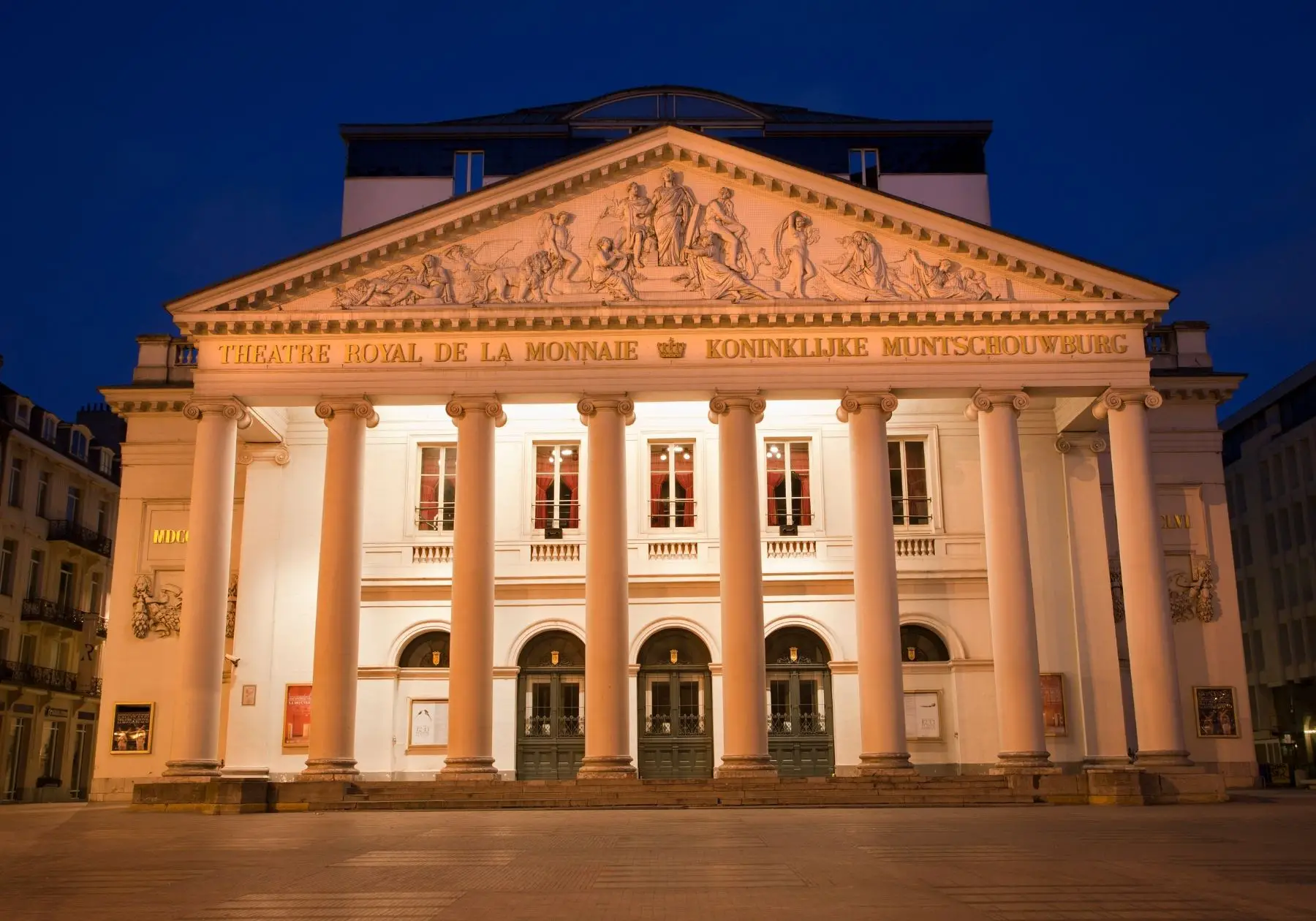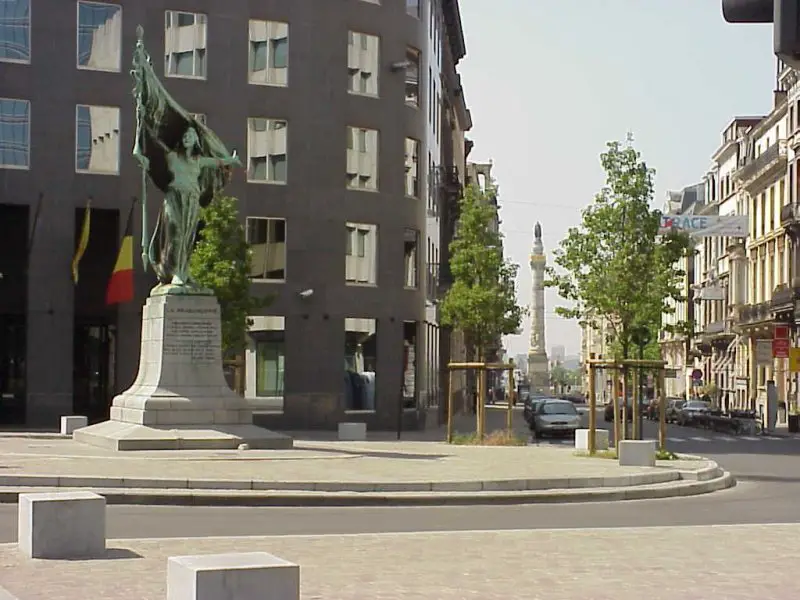Daniel Auber in Brussels
The series about historical places of opera art & culture. Get to know exciting excursion and travel ideas for opera lovers. This time: Daniel Auber in Brussels .
All Destinations on google maps with links to detailed Blogposts:
Daniel Auber in Brussels
The composer Auber never visited Brussels personally, but his opera “La muette de Portici” got an important role in the history of Belgium. It happened like this: After the Congress of Vienna in 1815, a new state was established, uniting Belgium, the Principality of Liège and the Netherlands under the crown of William I, heir to the House of Orange-Nassau. The Catholic Belgians felt denominationally, politically, and financially oppressed by the Protestant Dutch. Towards the end of the twenties, the climate became increasingly heated. As early as 1829, when Auber’s revolutionary opera “La muette de Portici” was to be performed, it was first censored and then banned. With the July Revolution in Paris and the Three Glorious Days in 1830, tension heated up even more in Brussels. Finally, to celebrate the king’s 58th birthday, a performance of “La muette de Portic” was allowed. When the opera was played on August 25, the square in front of the opera house was already occupied by a crowd of people. In the opera house itself, the mood reached a first boiling point with the freedom duet “Amour sacré de la patrie” (Sacred Love for the Fatherland). When Maisiniello’s aria ” Run for revenge! The weapons, the fire!” the audience, including many students, rose and shouted “Aux armes!Aux armes!” and incited the crowd in front of the opera house, which became the trigger for the Belgian Revolution that led to independence from the Netherlands after 2 months of struggle.
Three weeks later, on September 12, the opera was given again. This time, at the end of the first act, the tenor Lafeuillade sang a song written by Hyppolyte Dechet (text) and the violinist of the orchestra, van Campenhout (music). The so-called “Brabançonne” (the Brabant) was born and the piece became the national anthem of Belgium.
Destination Théâtre de la monnaie
The current opera house dates from 1855, the previous building fell victim to a conflagration. The beautiful portico is still from the original building from 1819.
Auber’s opera was last performed in this theater in 1930 for its 100th anniversary, and has not been performed since. A concert performance was dropped in 2015 for political reasons, and the opera still seems to be a hot potato today. Are we looking forward to 2030…?
The Théâtre de la monnaie is a renowned opera house, a visit is highly recommended.
Théâtre de la monnaie :
Destination Brabançonne Monument (The brabant)
100 years after the song was first heard in the Théâtre de la monnaie, a monument to the anthem was erected in the Place Surlet de Chokier, depicting a young woman holding the Belgian flag and the Belgian lion. The opening lines of the song are engraved in French and Dutch.
Brabançonne:
Musical background: The revolutionary pieces from «La muette de portici»
Aubert wrote effective and stirring music for the revolutionary hymns. You will find first the revolutionary duet Amour sacré de la patrie and then Masaniello Call to Revenge, which inflamed the audience in 1830.
Amour sacré de la patrie
Courons a la vengeance!






Leave a Reply
Want to join the discussion?Feel free to contribute!